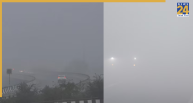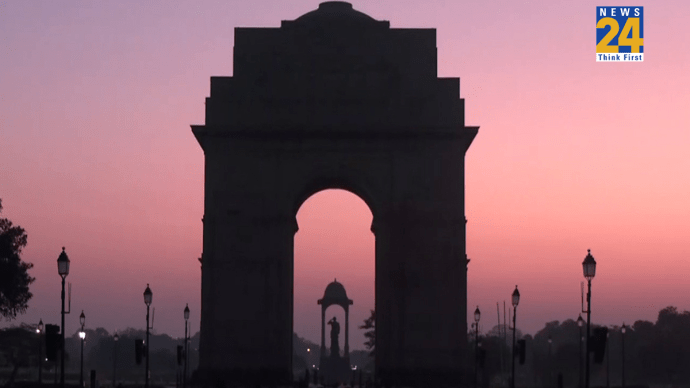As the Air Quality Index (AQI) of the national capital again dips to the ’severe plus’ category on Sunday, Delhi Education Minister Atishi announced the closure of all primary schools in the city till November 10.
However, for grade 6-12, schools are being given option of shifting to online classes mode.
"As pollution levels continue to remain high, primary schools in Delhi will stay closed till 10th November. For grade 6-12, schools are being given the option of shifting to online classes," tweets Delhi Education Minister Atishi pic.twitter.com/fNw8DeKgbP
— ANI (@ANI) November 5, 2023
---Advertisement---
“Delhi Primary Schools to Remain Closed Till 10th November Due to High Pollution Levels, Grade 6-12 Given Option for Online Classes,” Tweets Delhi Education Minister Atishi.
Read More: Delhi’s Alarming Air Pollution Threatens Fetal Health And Public Well-Being
Delhi Pollution Reaches Severe Levels for the Sixth Consecutive Day
Delhi continued to be enveloped in a toxic haze for the sixth day in a row as pollution levels once again reached the severe plus category due to unfavorable wind conditions, especially calm winds during the night.
The air quality index deteriorated from 415 at 4 pm on Saturday to 460 at 7 am on Sunday.
As a response to the worsening pollution, Chief Minister Arvind Kejriwal had announced the closure of all government and private primary schools in Delhi on November 3 and November 4.
Under the Center’s air pollution control plan, emergency measures, such as a ban on polluting trucks, commercial four-wheelers, and all types of construction, are mandated to be initiated and enforced in the National Capital Region if the AQI crosses the 450-mark.
The concentration of PM2.5, fine particulate matter capable of penetrating deep into the respiratory system and causing health issues, exceeded the government-prescribed safe limit of 60 micrograms per cubic meter by seven to eight times at multiple locations throughout Delhi-NCR. It was 80 to 100 times the healthy limit of 5 micrograms per cubic meter set by the WHO.
The decline in air quality in Delhi-NCR over the past week is attributed to a gradual drop in temperatures, calm winds that trap pollution, and a surge in post-harvest paddy straw burning in Punjab and Haryana.













